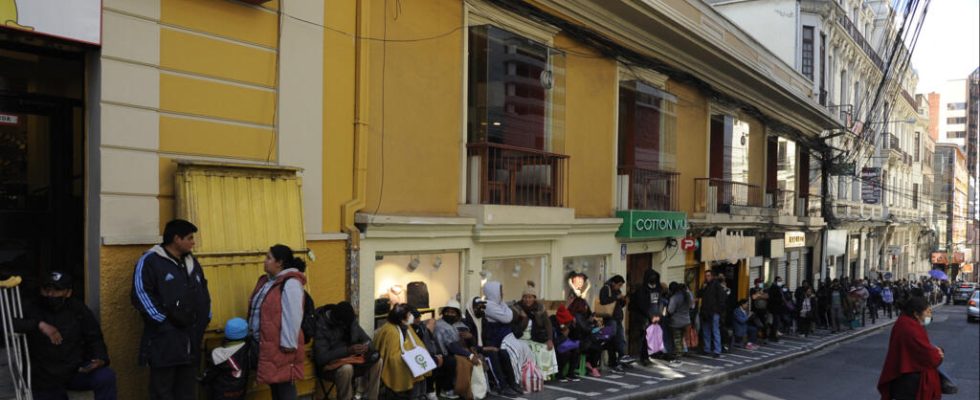In Bolivia, the Senate adopted, on Friday May 5, after long hours of debate, a law allowing its central bank to sell its gold reserves. An approach that could allow the country to emerge from the financial crisis in which it is mired, by replenishing its stock of liquidity.
If gold is abundant in Bolivia, greenbacks are rare. Ten years ago, the Andean country held more than $15,000 million in its international reserves. Today they have fallen to 3,500 million. This shortage of cash is linked, according to the government, to the rise in fuel prices since the start of the war in Ukraine.
Purchase from producers
And selling 50% of its gold reserves would therefore allow it to replenish its currency reserves. And to replace these quantities of gold transformed into banknotes, the Minister of Finance, Marcelo Montenegro, announced that they would buy them directly from local Bolivian producers.
But, according to economist Gonzalo Chavez, if foreign exchange reserves have been divided by three, it is above all because of bad investments, combined with a constant public deficit since 2014. It is around 7% of Bolivian GDP. Gas exports have also been halved. For the opposition, this bill voted in the Senate will therefore not be a miracle solution, to deal with a structural crisis in the country.
►Read also : Bolivia: a delegation of experts submits a nuanced report on human rights
